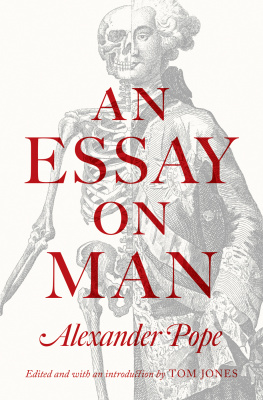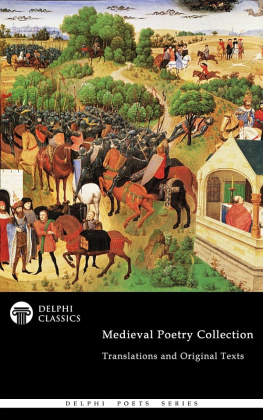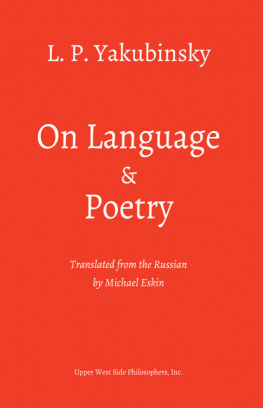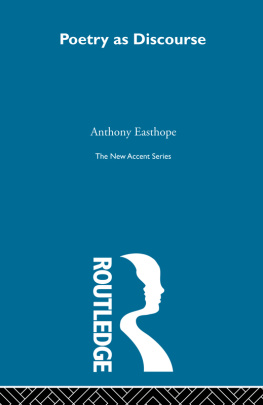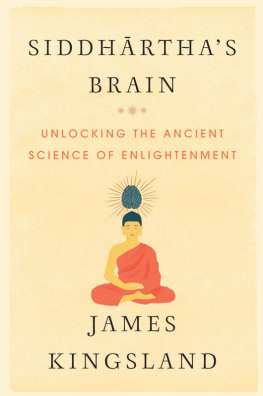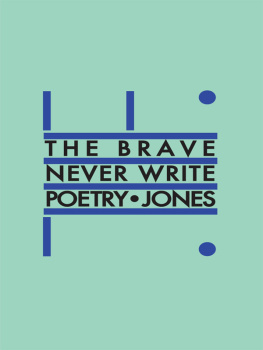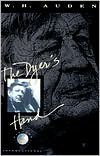NOTES
Jones and Boyson, General Introduction
. C. Fox, Introduction: How to Prepare a Noble Savage: The Spectacle of Human Science, in C. Fox, R. Porter and R. Wokler (eds), Inventing Human Science: Eighteenth-Century Domains (Berkeley, CA: University of California Press, 1995), pp. 130, on p. 1.
. P. Jones, Introduction, in P. Jones (ed.), The Science of Man in the Scottish Enlightenment: Hume, Reid and their Contemporaries (Edinburgh: Edinburgh University Press, 1989), pp. 14, on p. 1. See also R. L. Meek, Social Science and the Ignoble Savage (Cambridge: Cambridge University Press, 1976), p. 1.
. The difficulty consists in man being at once the subject and object of knowledge, and in such a way that the problems of anthropology have an intrinsic complexity greater than those of botany (editors translation), G. Gusdorf, Les Principes de la pense au sicle des lumires (Paris: Payot, 1971), p. 283.
. See for example M. Foucault, The Order of Things: An Archaeology of the Human Sciences (London: Tavistock, 1970); S. Moravia, Filosofia e scienze umane nell et dei lumi (Florence: Sansoni, 1982).
. M. Mckeon, The Origins of Interdisciplinary Studies, Eighteenth-Century Studies, 28:1 (Autumn 1994), pp.1728, on p. 18, and see Fox, Introduction, p. 17.
. A. Ferguson, An Essay on the History of Civil Society, ed. F. Oz-Salzberger (Cambridge: Cambridge University Press, 1995), p. 165.
. Ibid., p. 14.
. The New Science of Giambattista Vico: Unabridged Translation of the Third Edition (1744) with the Addition of Practic of the New Science, trans. T. G. Bergin and M. H. Fisch (Ithaca, NY and London: Cornell University Press, 1984). Vico argues for the historical inception of the three definitive human institutions (religion, marriage and burial), on the understanding that the first epoch of humanity was fundamentally poetic, and poetic in a manner that distinguishes it from modern rationality, as on p. 116: poetic wisdom, the first wisdom of the gentile world, must have begun with a metaphysics not rational and abstract like that of learned men now, but felt and imagined as that of these first men must have been, who, without power of ratiocination, were all robust sense and vigorous imagination. Given the emphasis on Anglophone material in this volume, Vico is not the subject of sustained discussion, despite his emphasis on the poetic in a science of the human.
. J. Rancire, The Names of History: On the Poetics of Knowledge, trans. H. Melehy, foreword H. White (Minneapolis and London: University of Minnesota Press, 1994), p. 8.
. P. Hughes, Restructuring Literary History: Implications for the Eighteenth Century, New Literary History, 8:2 (Winter 1977), pp. 25777; M. N. McLane, Romanticism and the Human Sciences: Poetry, Population, and the Discourse of the Species (Cambridge: Cambridge University Press, 2000).
. A. Dick and C. Lupton (eds), Theory and Practice in the Eighteenth Century: Writing Between Philosophy and Literature (London: Pickering & Chatto, 2008); R. Valenza, Literature, Language, and the Rise of the Intellectual Disciplines in Britain, 16801820 (Cambridge: Cambridge University Press, 2009).
. S. Jarvis, Wordsworths Philosophic Song (Cambridge: Cambridge University Press, 2007).
. See J. Mee, Conversable Worlds: Literature, Contention, and Community 17621830 (Oxford: Oxford University Press, 2011), pp. 956 on the transformation of coffee house clubs into more formal debating societies.
. S. Moravia, The Enlightenment and the Sciences of Man, History of Science, 18:4 (December 1980), pp. 24768, on p. 256.
. M. Harkin, The Primitive in Adam Smiths History, in Theory and Practice in the Eighteenth Century, pp. 17792, on p. 184. See also Moravia, The Enlightenment and the Sciences of Man, p. 259.
. On Millar, Ferguson and Smith reflecting on the losses associated with technological progress, see Meek, Social Science, p. 172.
. F. Hlderlin, On the Operations of the Poetic Spirit, in Essays and Letters on Theory, trans. and ed. T. Pfau (Albany, NY: State University of New York Press, 1988), pp. 6282. See also P. Hamilton and A. Nichollss description of the Anglo-German Poetologies Around 1800 symposium, online at http://www.sllf.qmul.ac.uk/research/anglogerman/events/coll0809.shtml [accessed 14 November 2012].
. McLane, Romanticism and the Human Sciences, p. 18.
2 Hudson, Samuel Johnson and the Science of Literary Criticism
. H. Home, Lord Kames, Elements of Criticism, 6th edn (1762; 1785), ed. P. Jones, 2 vols (Indianapolis: Liberty Fund, 2005), vol. 1, p. 14. Essays on the extension of philosophy to criticism by Voltaire, DAlembert and Montesquieu are appended to the 1764 second edition of Alexander Gerards Essay on Taste, first published in 1758.
. H. Blair, Lectures on Rhetoric and Belles Lettres, ed. L. Ferreira-Buckley and S. M. Halloran (Carbondale, IL: Southern Illinois University Press, 2005), p. 17.
. J. Warton, An Essay on the Writings and Genius of Pope, 2 vols (London: R. and J. Dodsley, 175682; repr. New York and London: Garland Publishing, 1973), vol. 1. p. 205.
. A. Pope, Essay on Criticism, in The Poems of Alexander Pope, ed. J. Butt (London: Routledge, 1963), pp. 889.
. S. Johnson, A Dictionary of the English Language on CD Rom, ed. A. McDermott (Cambridge: Cambridge University Press, 1995).
. T. S. Eliot, Johnson as Critic and Poet, in On Poetry and Poets (London: Faber & Faber, 1957), pp. 16292; F. R. Leavis, Johnson and Augustanism, in The Common Pursuit (New York: New York University Press, 1964), pp. 97115; R. Wellek, A History of Modern Criticism: 17501950, vol. 1:The Later Eighteenth Century (New Haven: Yale University Press, 1955), pp. 7995.
. L. Damrosch, Jr, The Use of Johnsons Criticism (Charlottesville, VA: University Press of Virginia, 1976), p. 12. See also J. H. Hagstrum, Samuel Johnsons Literary Criticism (Minneapolis, MN: University of Minnesota Press, 1952); W. Edinger, Samuel Johnson and Poetic Style (Chicago, IL: University of Chicago Press, 1977).
. C. H. Hinnant, Steel for the Mind: Samuel Johnson and Critical Discourse (Newark: University of Delaware Press; London and Toronto: Associated University Presses, 1994), p. 3. See also G. Clingham, Johnson, Writing, and Memory (Cambridge: Cambridge University Press, 2002); P. Smallwood, Johnsons Critical Presence: Image, History, Judgment (Aldershot and Burlington, VT: Ashgate, 2004).
. G. Clingham, Literature and Life in Johnsons Lives of the Poets, in G. Clingham (ed.), The Cambridge Companion to Samuel Johnson (Cambridge: Cambridge University Press, 1997), p. 174. See also W. R. Keast, The Theoretical Foundations of Johnsons Criticism, in R. S. Crane (ed.), Critics and Criticism: Essays in Method, abridged edn (Chicago, IL: University of Chicago Press, 1957), p. 184; Wellek, History, p. 79; Damrosch, Uses of Johnsons Criticism, p. 22.
. The Yale Edition of the Works of Samuel Johnson, ed. A. T. Hazen and J. H. Middendorf, 18 vols (New Haven, CT and London: Yale University Press, 1958), vol. 4, p. 122. Hereafter Works cited by volume and page number.
. Works, vol. 5, p. 319.
. Ibid., vol. 3, p. 130.
. H. Fielding, Tom Jones, ed. M. C. Battestin and F. Bowers, 2 vols (Oxford: Clarendon Press, 1974), vol. 1, p. 210; vol. 1, p. 77.
. See J. Carroll (ed.), Selected Letters of Samuel Richardson (Oxford: Clarendon Press, 1964), pp. 41, 76, 78, 316.
. See R. Crawford, Introduction, in R. Crawford (ed.),


